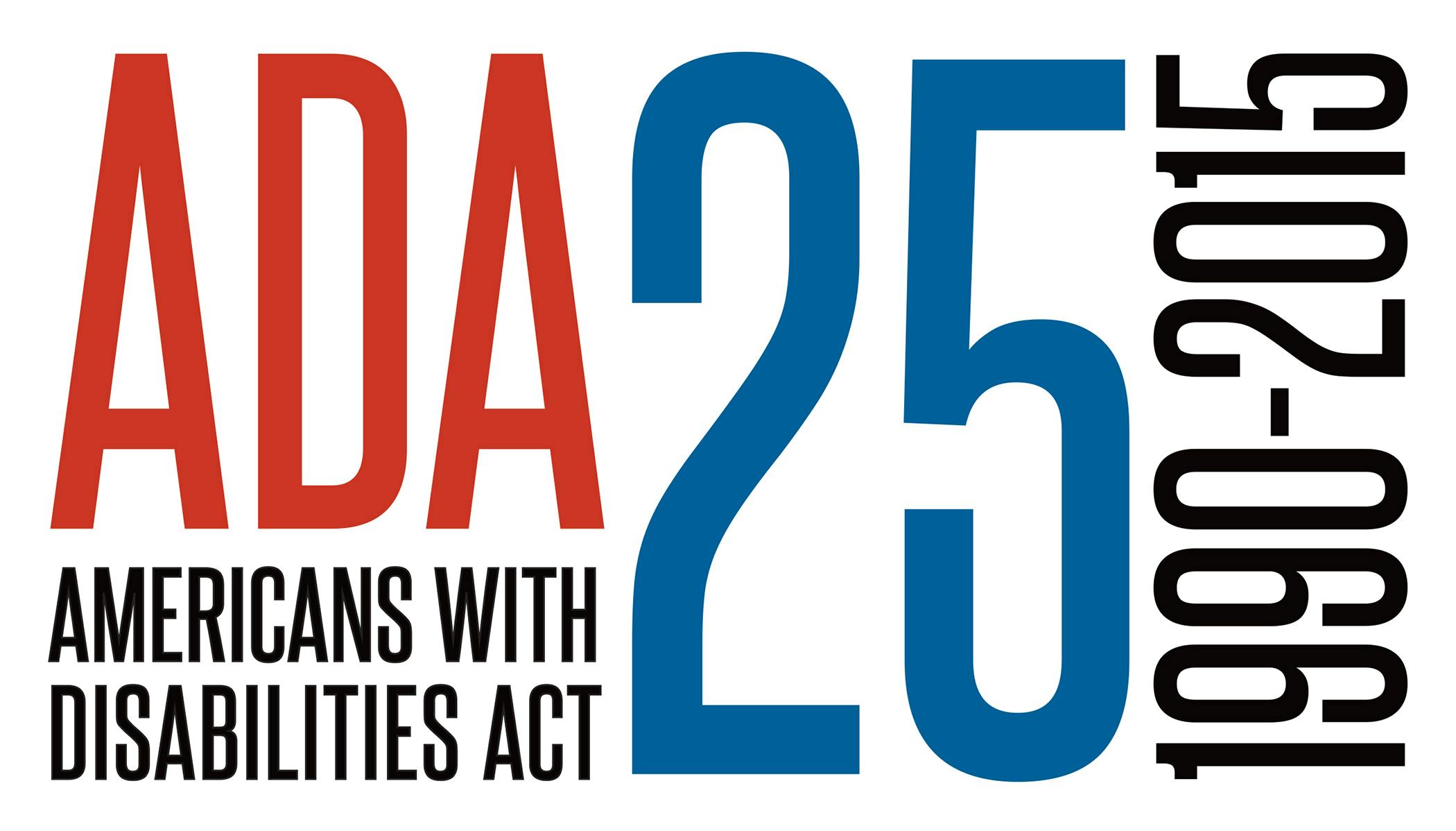By Eric B. Meyer
A temporary disability isn’t an Americans with Disabilities Act “disability” — except, when it is.
In the recent case Clark v. Boyd Tunica, Inc., the plaintiff suffered a fractured ankle on the job. Her employer had a policy that employees were subject to drug tests following an on-the-job injury or illness requiring medical attention.
Well, we know where this is going right?
Too make a long story, short…
- Plaintiff’s blood alcohol tests at .12 percent;
- Plaintiff gets fired;
- Plaintiff claims that her employer actually fired her because of the bum wheel, and alleges discrimination under the Americans with Disabilities Act.
Is a broken ankle an ADA disability?
Well, it depends (said the lawyer)…
We’ve tackled this before. Although an impairment that lasts only for a short period of time is typically not covered under the ADA, it may be a “disability” if sufficiently severe.
Indeed, the ADA has a very broad, expansive, lenient definition of “disability.” Still, to demonstrate an actual disability, the burden is on the plaintiff to show that she was “substantially limited” in her major life activities.
Temporary, non-chronic impairments of short duration, with little or no long term or permanent impact, are usually not disabilities. Examples of temporary, non-disabling impairments include: broken limbs, sprained joints, concussions, appendicitis, and influenza.
Here, the plaintiff suffered a non-displaced fracture to her ankle with no complications, was able to walk unassisted in regular shoes after approximately two months, and was independently ambulatory and considered fully healed in approximately four months.
According to the court, the plaintiff was limited in her major life activities; but, not “substantially limited.” Thus, she could not establish that she had an actual disability.
Employer takeaways
- While most impairments lasting less than six months are not substantially limiting, the ADA regulations confirm that it is possible. Like in this post.
- A temporary disability, which does not qualify as an ADA disability, may still be a “serious health condition” under the Family and Medical Leave Act, and trigger separate obligations on the part of both employer and employee.
This was originally published on Eric B. Meyer’s blog, The Employer Handbook.
